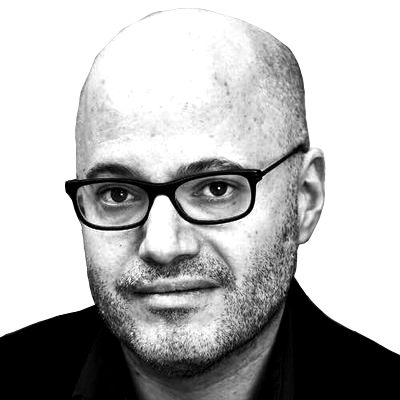All things must pass, but we all have a Beatle. Not a favorite Beatle, but a Beatle that somehow represents our essential nature. Paul was the greatest musician; John, the greatest artist. Ringo is beloved by children and the French. George called himself “the Economy Beatle,” which was a very George thing to say, a way of deflecting what became obvious: of all the Fabs, he was the deepest thinker. (If you are a George person, so is Bob Dylan.)
Paul said the Beatles were a square—you needed all four for them to exist. Do the Beatle math and it’s startling. There are a total of 213 Beatles songs, and among those, 180 are written by John Lennon and Paul McCartney, 25 are covers, and another 25—25!—are by George Harrison, about 11.7 percent. But it’s unquantifiable. There are no Beatles without him.


